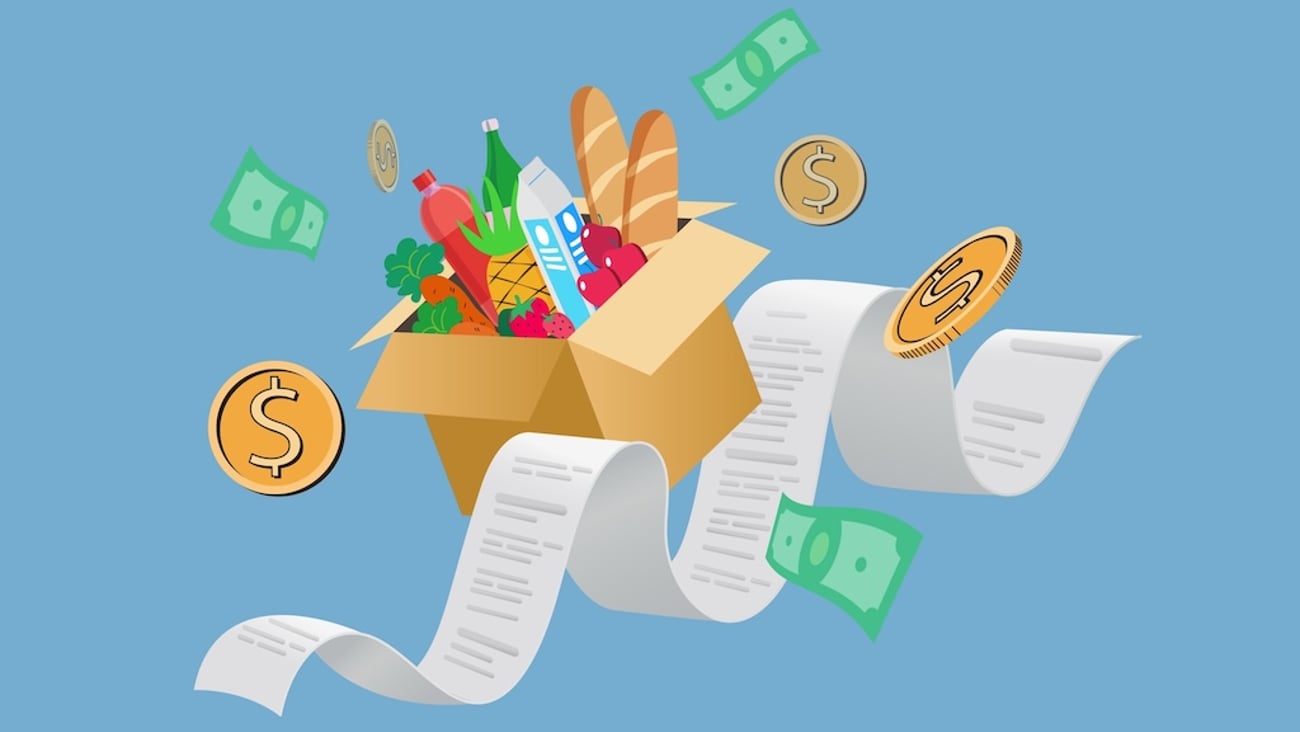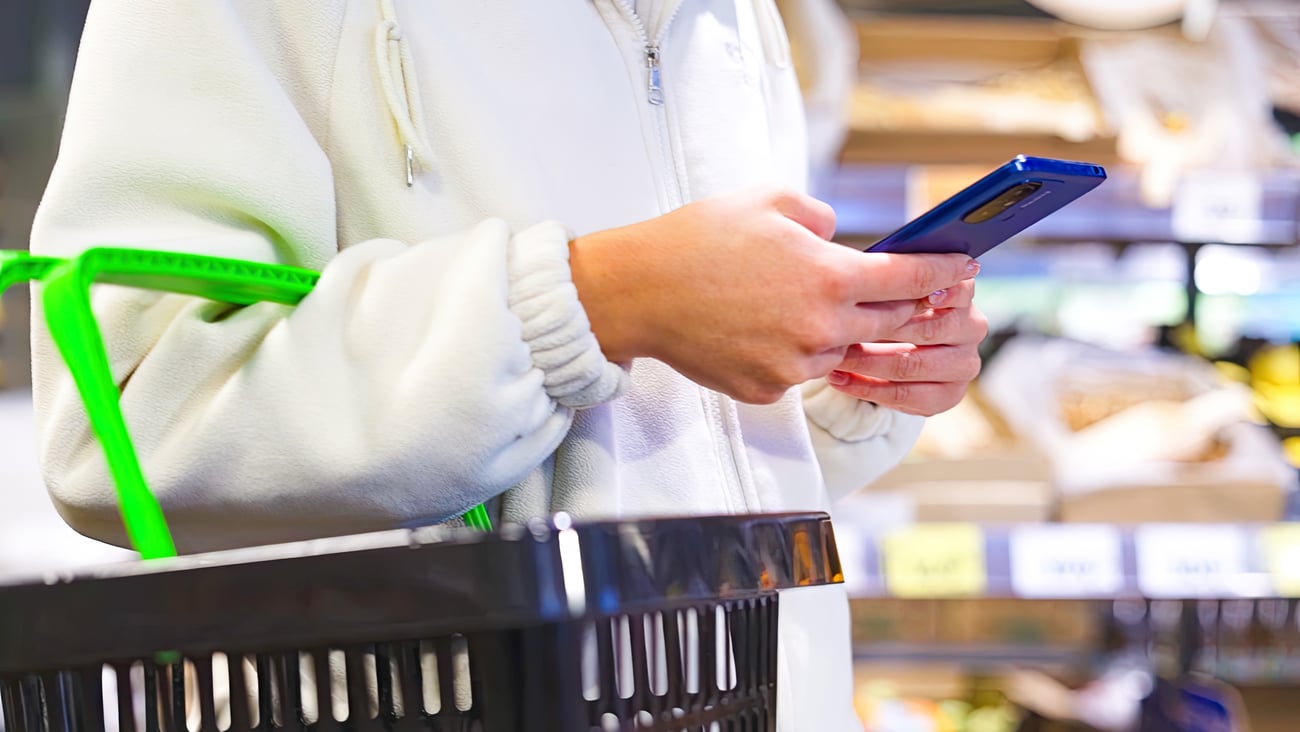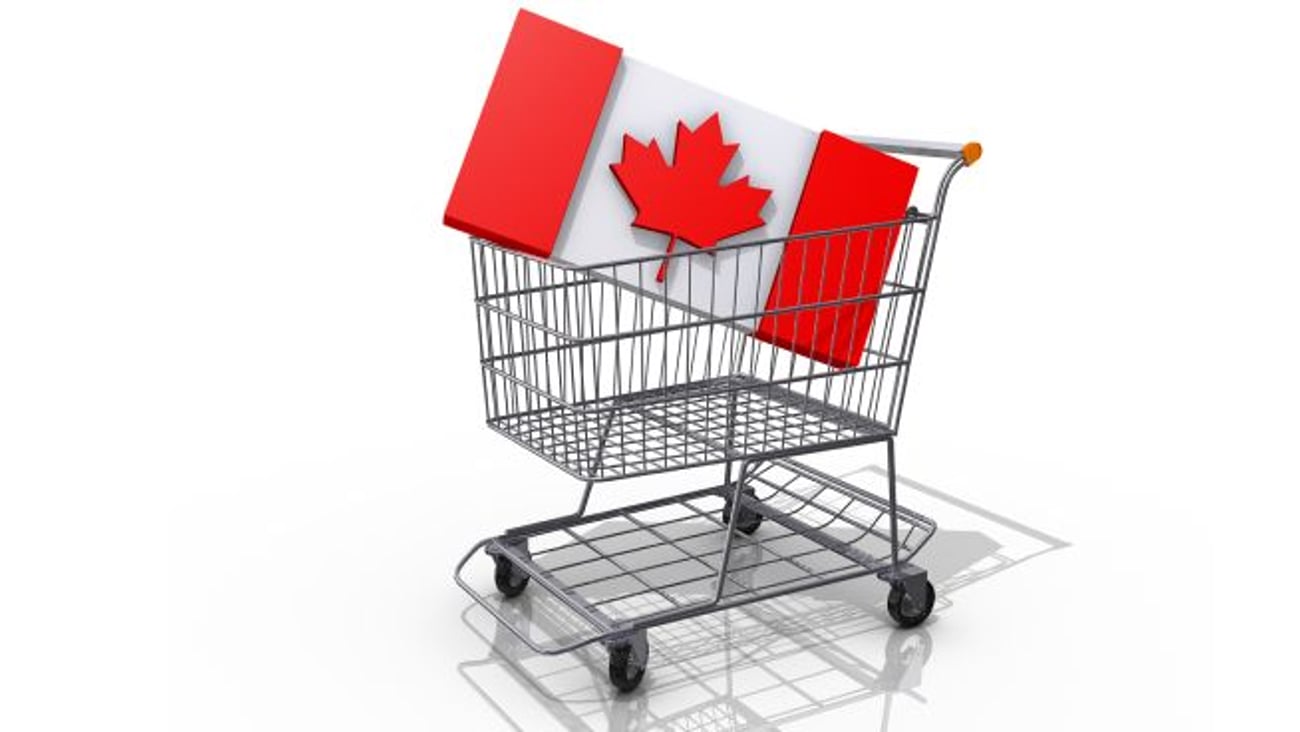How the economy is spurring a meatless nation
We seem to be living in an era in when the pleasure of eating is overpowered by values-based narratives. And this is happening at an astonishing pace. Vegetarians and vegans are speaking more openly about their diets and their reasons behind it, whether it's animal welfare, the environment, health or all of the above. But make no mistake, this trend indicates the economy is strong.
Many years ago, conversations about food were about flavours, tastes and traditions. Today, we talk more about morals and values linked to how we consume food, simply because we can afford to do so. Stock markets are on a tear and the unemployment rate is almost at an all-time low. Food is not just about survival -- it's also about making a socio-economic statement as much as a moral one. At social gatherings, some are now made to feel as though eating meat is a crime.
In the past, consumers recognized the limitations on their ability to influence the choices made available to them, and they often seemed doubtful about the potential for collective action to work. They made little connection between threats to global food supply and their own daily consumption practices. That has all changed with the advent of hand-held devices.
Technological advances, coupled with our pursuit of convenience, have given us more time to think about food in a different way. Grocery shopping and cooking at home takes less time than the pre-industrial practices of hunting or harvesting. With ready-to-eat or ready-to-cook solutions we save even more time -- time now spent on developing a philosophical attitude toward food consumption.
Meanwhile, the industry is coping and adapting quickly. A few stunning examples: McDonald’s is offering Big Macs without the meat and A&W says its Beyond Burger campaign has been a great success. We've also seen changes in packaging to appeal to the increasing number of consumers who are rejecting the status quo, or anything that appears disconnected with a holistic view of the world.
But it all really comes down to how the economy is doing. The current unemployment rate is incredibly low, and according to Morneau Shepell, salaries should be going up by 2.6% on average over the next 12 months. More money in the consumer’s pocket will allow them to believe they can trade up, or perhaps sideways, when making food choices. It also gives families much needed financial help. What is also enticing consumers is a weaker than expected food inflation rate across the country. Food inflation remains more than 1% lower than the general inflation rate. So, prices have been less of an issue this year, though this is about to change.
Grocers are indicating prices will increase due to tariffs. While the rationale of raising prices due to tariffs is highly disputable, when grocers use financial updates to let consumers know prices may go up, it is a sign. Loblaw and Metro have done it, and it would not be surprising if Sobeys follows suit. Food inflation should reach anywhere from 2% to 2.5% by year’s end.
Yet, even with higher food prices, the buoyant economy allows more of us to think about the ethical, environmental and moral implications of our food choices. And we can afford to--for now.




